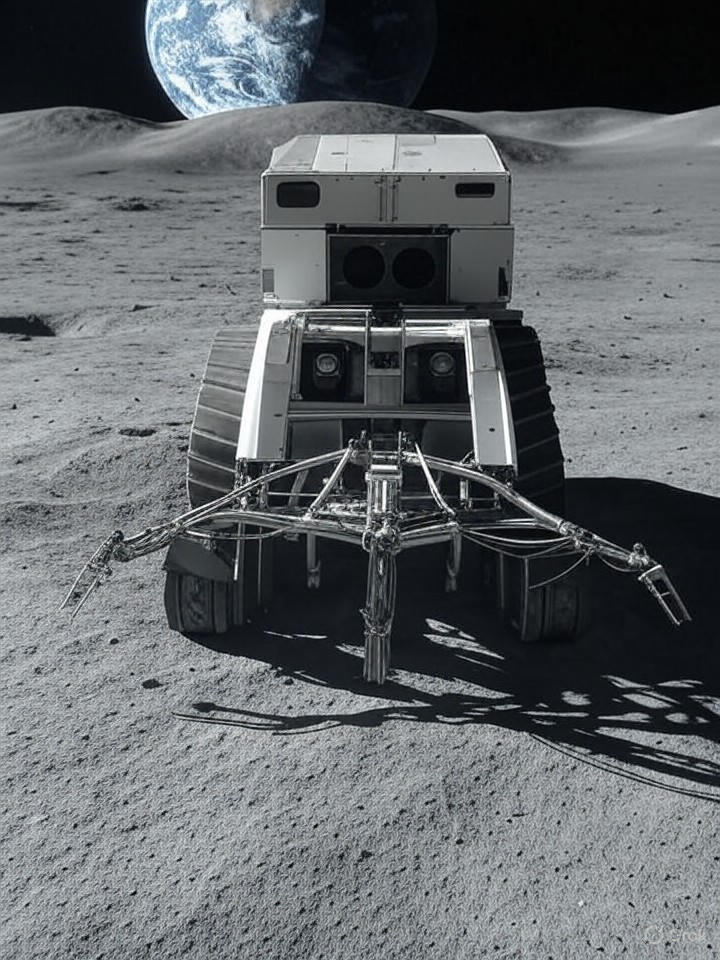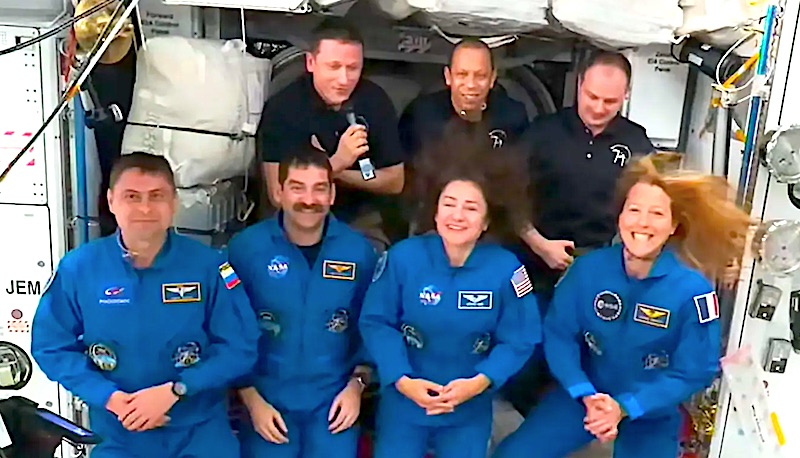A group of scientists has unveiled the first-ever roadmap for microbial conservation, a significant step toward safeguarding the invisible life forms that play a crucial role in maintaining planetary health. Under the guidance of Professor Jack Gilbert, President of Applied Microbiology International, this initiative aims to establish a framework for conserving microbial ecosystems, which make up approximately 99% of all life on Earth.
The newly released paper, published in September 2023, highlights the urgent need to focus on microbial life, which is often overlooked in conservation efforts. The document outlines strategies for identifying and protecting diverse microbial communities that contribute to essential processes such as nutrient cycling, soil fertility, and climate regulation. Scientists from around the world collaborated on this project, recognizing that healthy microbial populations are vital for sustaining life on the planet.
Professor Gilbert, who is also affiliated with the University of California, San Diego, emphasized the importance of understanding and conserving these microscopic organisms. “Microbes are the backbone of our ecosystems,” he stated. “They influence everything from human health to climate stability, yet we know so little about them.”
The roadmap serves as a call to action, urging policymakers, researchers, and conservationists to prioritize microbial conservation. It provides guidelines for research funding, public awareness campaigns, and the integration of microbial considerations into broader environmental policies. By promoting a holistic approach to conservation, the roadmap aims to ensure that microbial life is not neglected in the face of more visible species.
The paper outlines specific goals, including the documentation of microbial diversity in various ecosystems and the establishment of protected areas for microorganisms. These steps are intended to facilitate collaboration among scientists, governments, and NGOs, fostering an inclusive approach to conservation efforts.
Additionally, the roadmap emphasizes the need for international cooperation, as many microbial species transcend national borders. This collaborative effort is crucial for developing effective strategies to combat threats such as climate change, habitat loss, and pollution, which disproportionately affect microbial communities.
As conservationists and scientists review the roadmap, there is hope that it will spark a renewed interest in microbial research. Understanding the complexities of microbial life could lead to innovative solutions for pressing global challenges, from enhancing agricultural productivity to mitigating climate impacts.
The launch of this roadmap marks a pivotal moment in the field of conservation biology. By shining a spotlight on the often-ignored microbial realm, the scientific community aims to foster greater appreciation for these essential organisms and their role in sustaining life on Earth.







